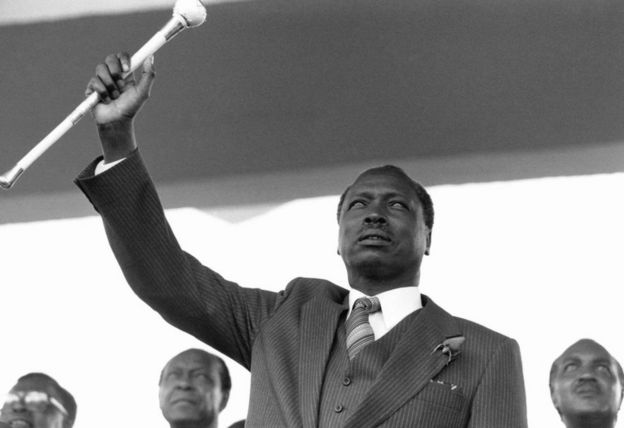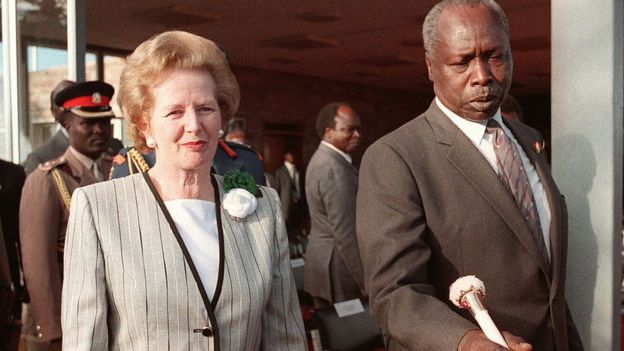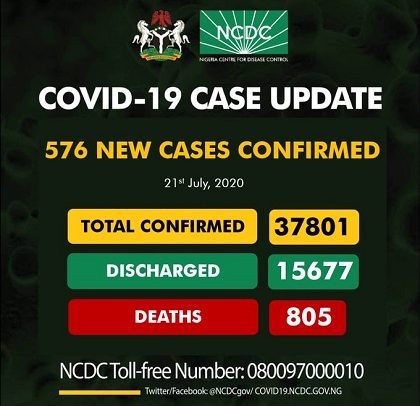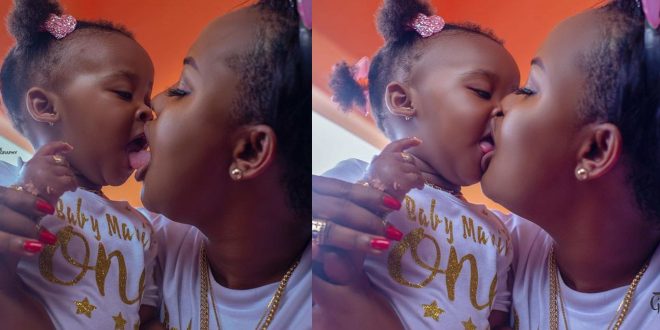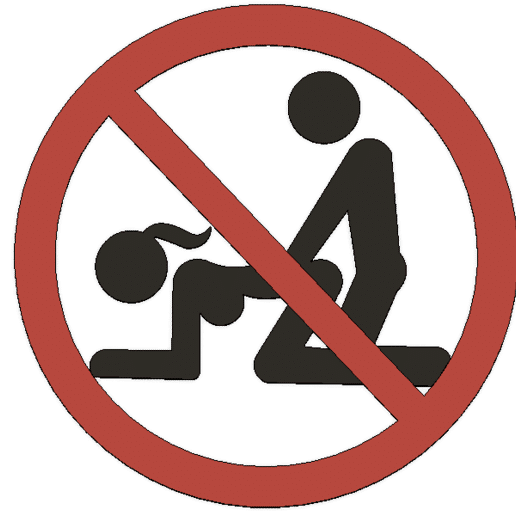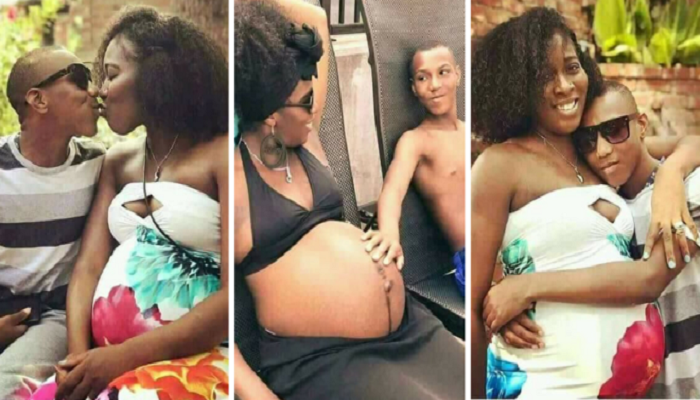Kenya’s former President Daniel arap Moi has died at the age of 95.
He was seen by his critics as an authoritarian ruler who held on to power for 24 years, but his allies credited him for maintaining stability in the East African state.
Moi stepped down in 2002 after being constitutionally barred from running for a further term.
ALSO READ : Swarovski, Chocolate Clothing & Others Wow At Fashion Connect Africa 2019
He was the country’s second president taking over after the death of Jomo Kenyatta in 1978.
In office, he was feared and admired in equal measure, and was accused of human rights abuses. Moi introduced multi-party politics in 1991, but subsequent elections were marred by rigging.
He was a more populist politician than Kenya’s first President Jomo Kenyatta and his legacy was tarnished by economic stagnation and accusations of corruption.
He served as home affairs minister from 1964 and in 1967 he became the country’s vice-president.
Until the introduction of multi-party politics, Moi was unopposed as president, at elections in 1983 and 1988.
He was elected for a further two terms in 1992 and 1997 in polls that were widely regarded as rigged.
While president, he appeared to dominate almost every aspect of life, an impression aided by the state-run media.
His critics see his rule as the lost years, a time when Kenya was bedevilled by corruption, ethnic conflicts and human rights abuses.
They say he stymied economic progress by personalising the state, using government resources to award loyalists and withholding them to punish those who did not toe the line.
For example, roads and factories were seen as gifts to be given and rewards for communities if their top politicians worked with the ruling party, Kanu. This entrenched a culture of political patronage that has become part of Kenyan politics.
But defenders of Moi’s legacy point to his often-repeated line that he kept Kenya “peaceful”, while several African countries were experiencing strife.





